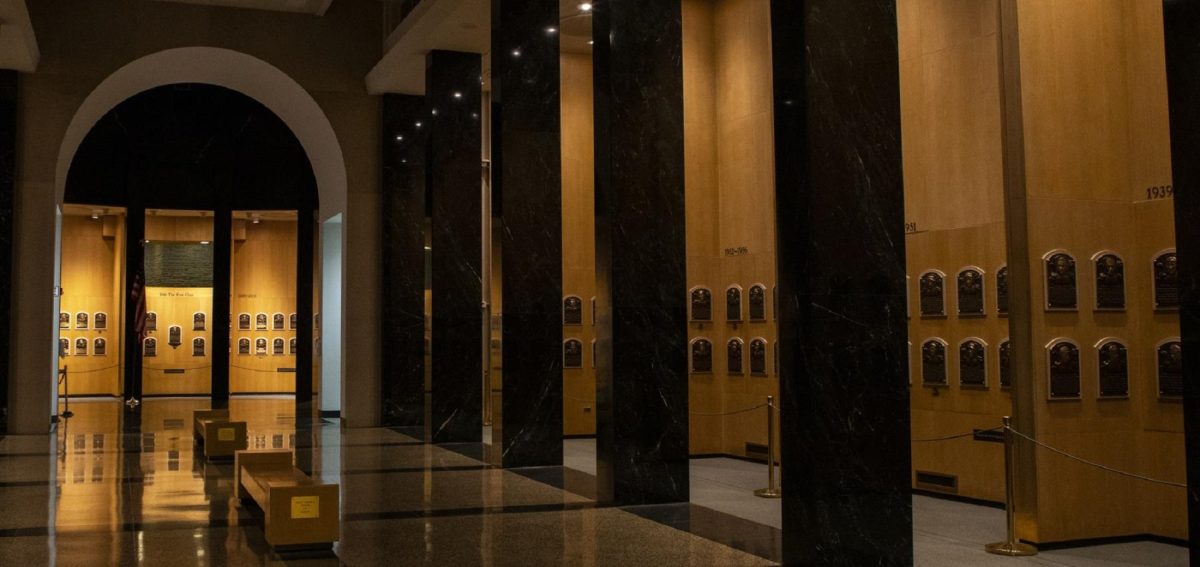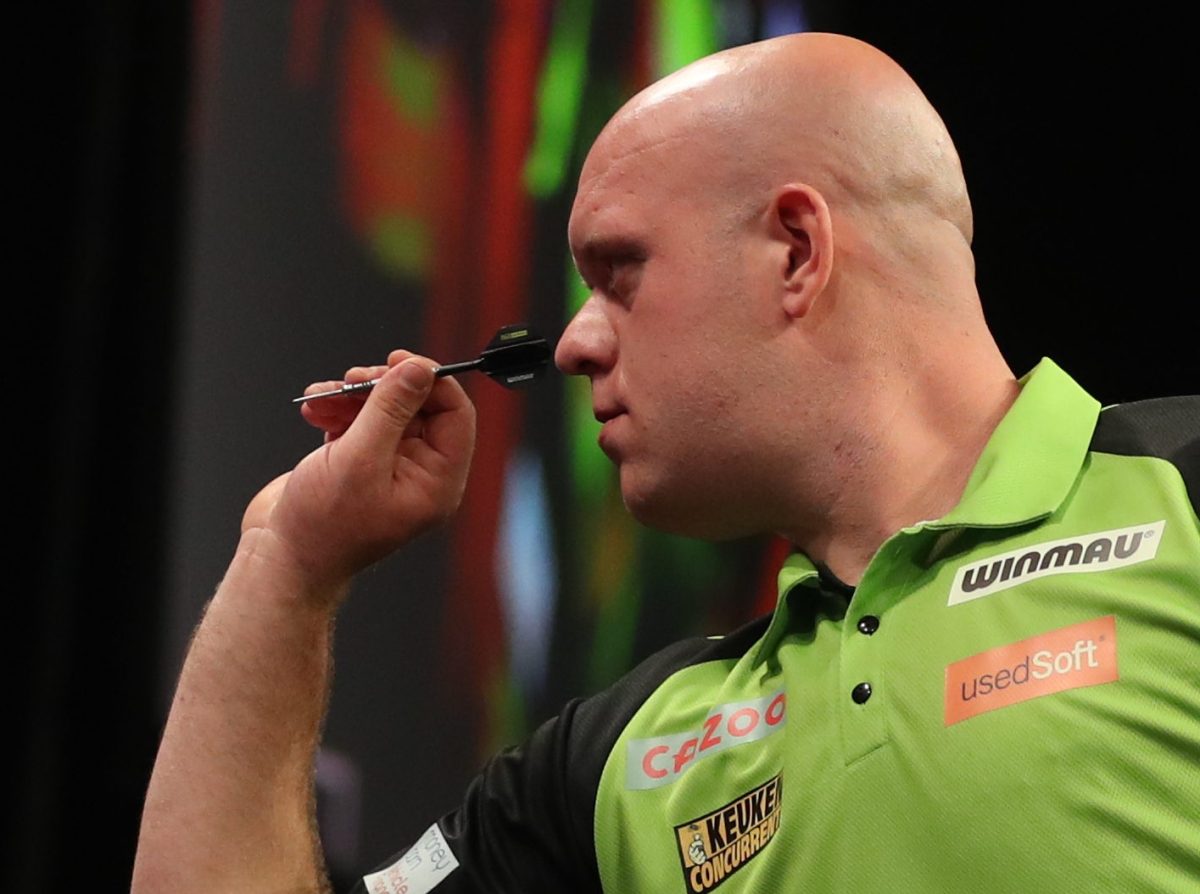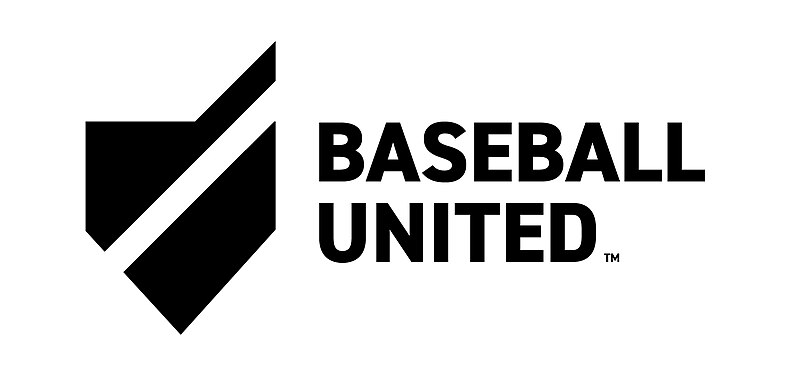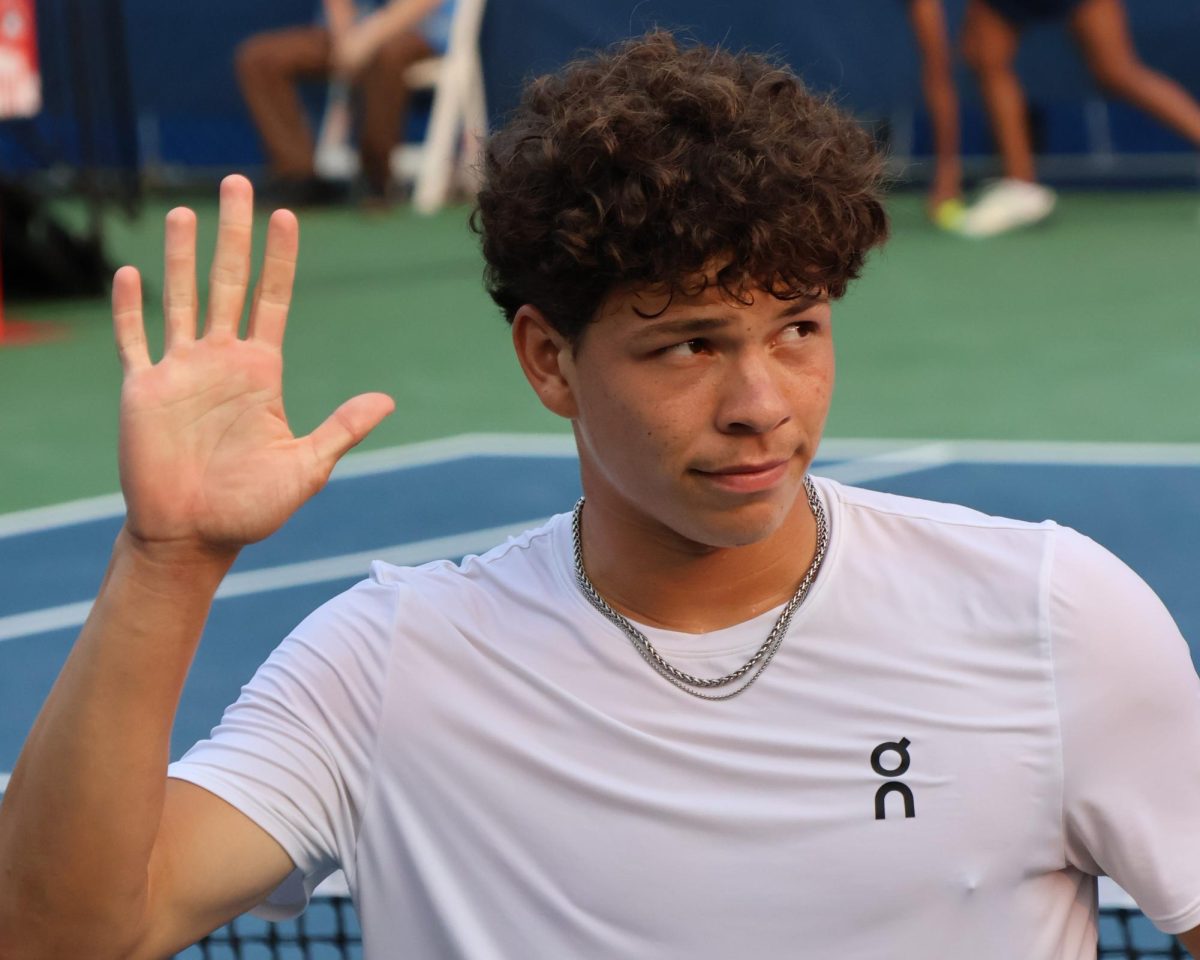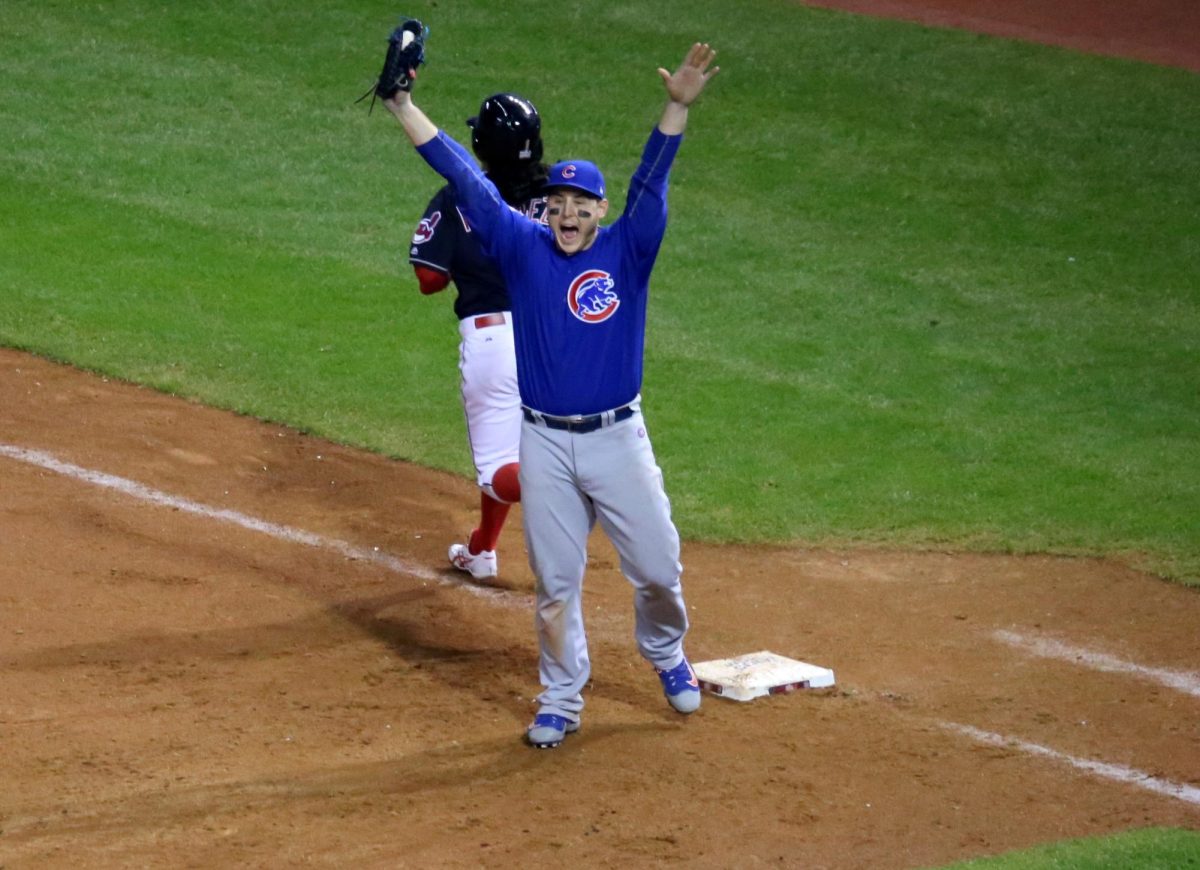With two weeks left until the opt-out deadline for the NBA and the National Basketball Players Association’s current collective bargaining agreement, both sides are determined to hash out a new deal for the 2023-24 season. Among the big-ticket items, which include a potential hard salary cap, a lower draft eligibility age and looser salary limits in contract extensions, lies some discussion of disincentivizing load management, a sports science controversy that has made its way into the public spotlight over the past decade.
Load management is the practice of players sitting out during games to avoid injury — even when fully healthy and able to play. The practice began in 2012, when the San Antonio Spurs, the top-seeded team in the Pacific Division of the Western Conference that year, rested four of their star players throughout the season. The league fined the team $250,000 for the decision, but when a new commissioner in 2014 took a more lenient stance on load management, the practice increased in popularity to the point where stars such as Luka Dončić and Kyrie Irving have missed games this season while healthy.
The loudest criticism of load management in the NBA comes from sports writers, who — to put it bluntly — portray the league as spineless and players as lazy. To them, unqualified sports trainers harm the league by benching star players when they should be on the court. Yet, their arguments are not entirely unfounded.
Sports writers claim that when star players sit out during games, it severely diminishes the fan experience — and by extension the league’s success in attracting TV viewers. If I found out that neither Stephen Curry nor Klay Thompson, players that I grew up watching, would be playing in a matchup next week, I would have very little interest in carving out time in my day to watch the game, much less buy tickets to watch in person.
But no such advance notice exists. Unsurprisingly, stories pop up every now and then of young fans who fly thousands of miles to watch their favorite player play, only to see them sit on the bench in street clothes.
Still, it is important not to lose the perspective that the NBA’s primary focus should be to cultivate a healthy, competitive environment for its players, even if it is in the entertainment business. The jury is still out regarding decisive numbers on load management’s impact on player safety, but according to a study of college basketball players, playing multiple games per week increases the physical strain on a player’s well-being.
But even if one does not accept the uncontroversial claim that rest in an already hectic basketball game schedule is conducive to lower risk of injury, it should be up to players, not fans or the league, to decide whether they play on any given night. During All-Star media day, Irving perfectly summarized the effect of such widespread discussion of players’ choices to rest as dehumanizing.
In most other sports, players missing unnecessary games to avoid injury is a nonissue. In the 18th week of this year’s NFL season, Brian Daboll, the head coach of the New York Giants who went on to win NFL Coach of the Year, benched the team’s first-string quarterback and running back. The Giants’ playoff spot was locked in, making their last game essentially meaningless.
Unlike how load management is often portrayed, players are not letting down their team out of self-interest. Oftentimes, the team makes the decision to sit its players to guarantee they remain healthy for more important games down the line.
Some might argue that there might be a moral hazard for players to skip games, given that most NBA contracts do not bill based on the number of games played. Teams are perfectly able to trade or renegotiate contracts with slacking players, which is no different from the same processes with underperforming players.
As for the impact of load management on fan attendance and TV viewership, the numbers do not back up critics’ concerns. This year, ticket sales are on track to break all-time records and TV ratings are similarly climbing. The “crisis” of healthy players missing games simply does not have the effect on the league that most sports critics predict.
In the absence of an unlikely cut in the number of games per season or a schedule change that increases breaks between each game, load management will not go away anytime soon. The fierce debate exposes the tension between the NBA’s roles as a sports league and an entertainment business, but it is evident that one should come before the other.
All evidence points toward load management as benign for the NBA, if not beneficial in improving player health for the latter, more important half of the season. Therefore, the trade-off between player injury and entertainment value is a load that should fall upon the league, and not superstar players, to carry.



